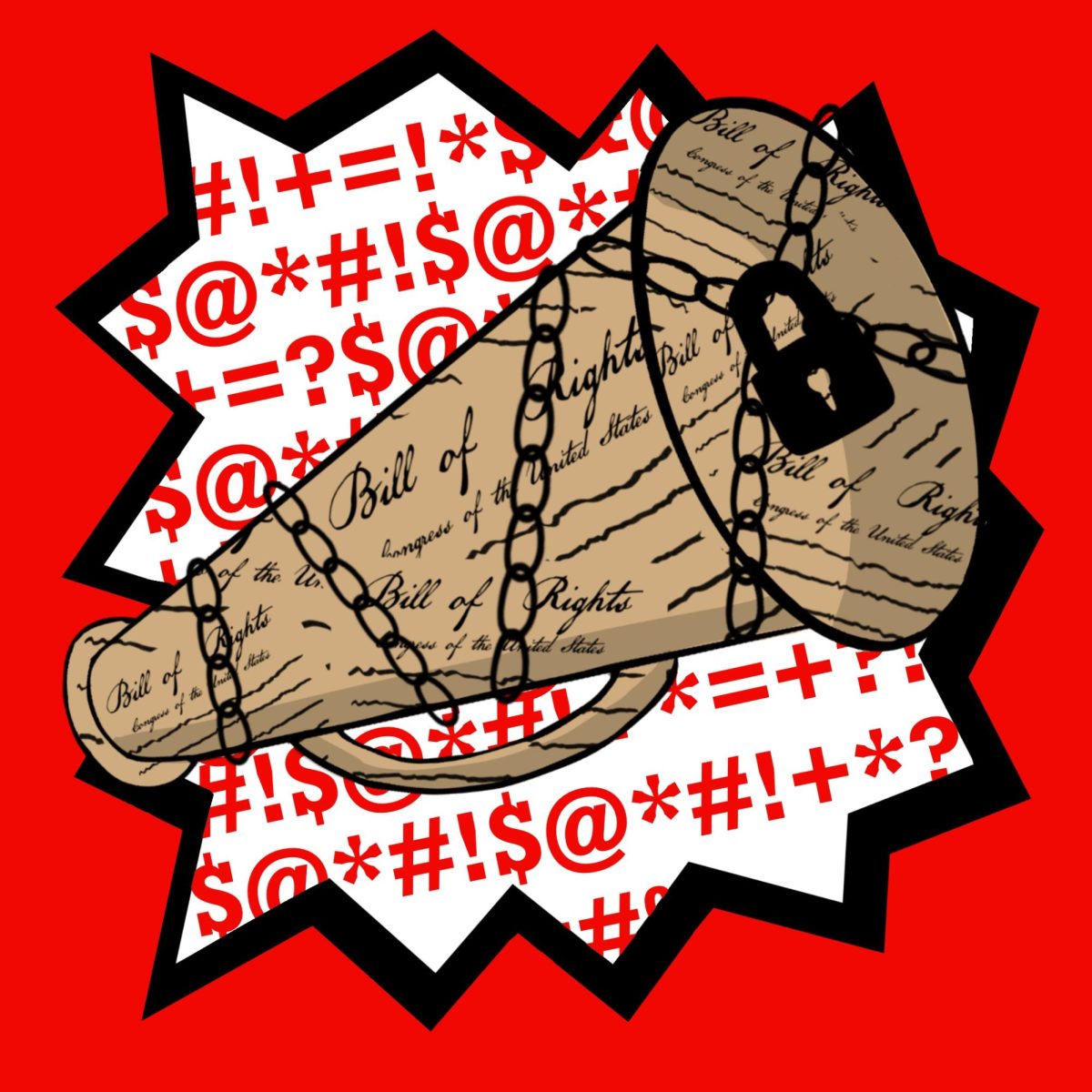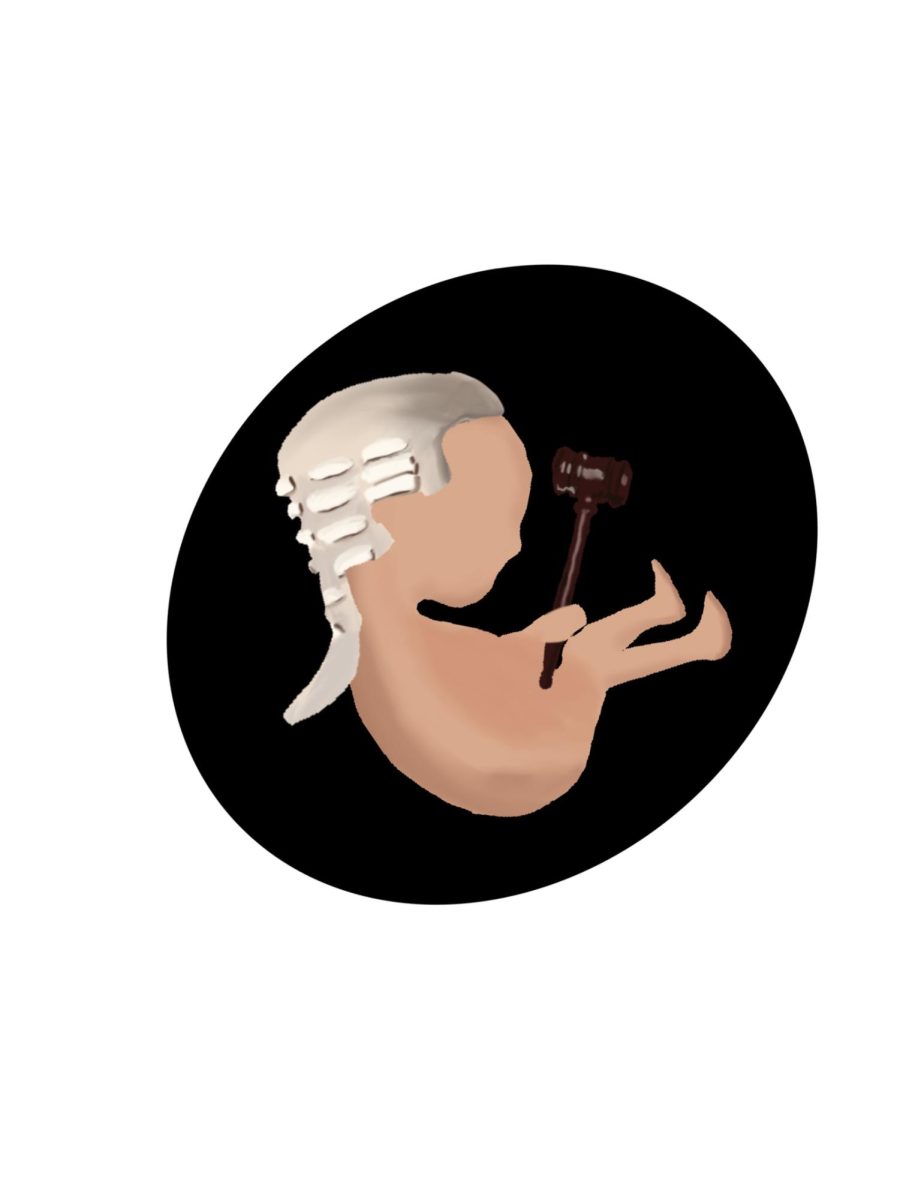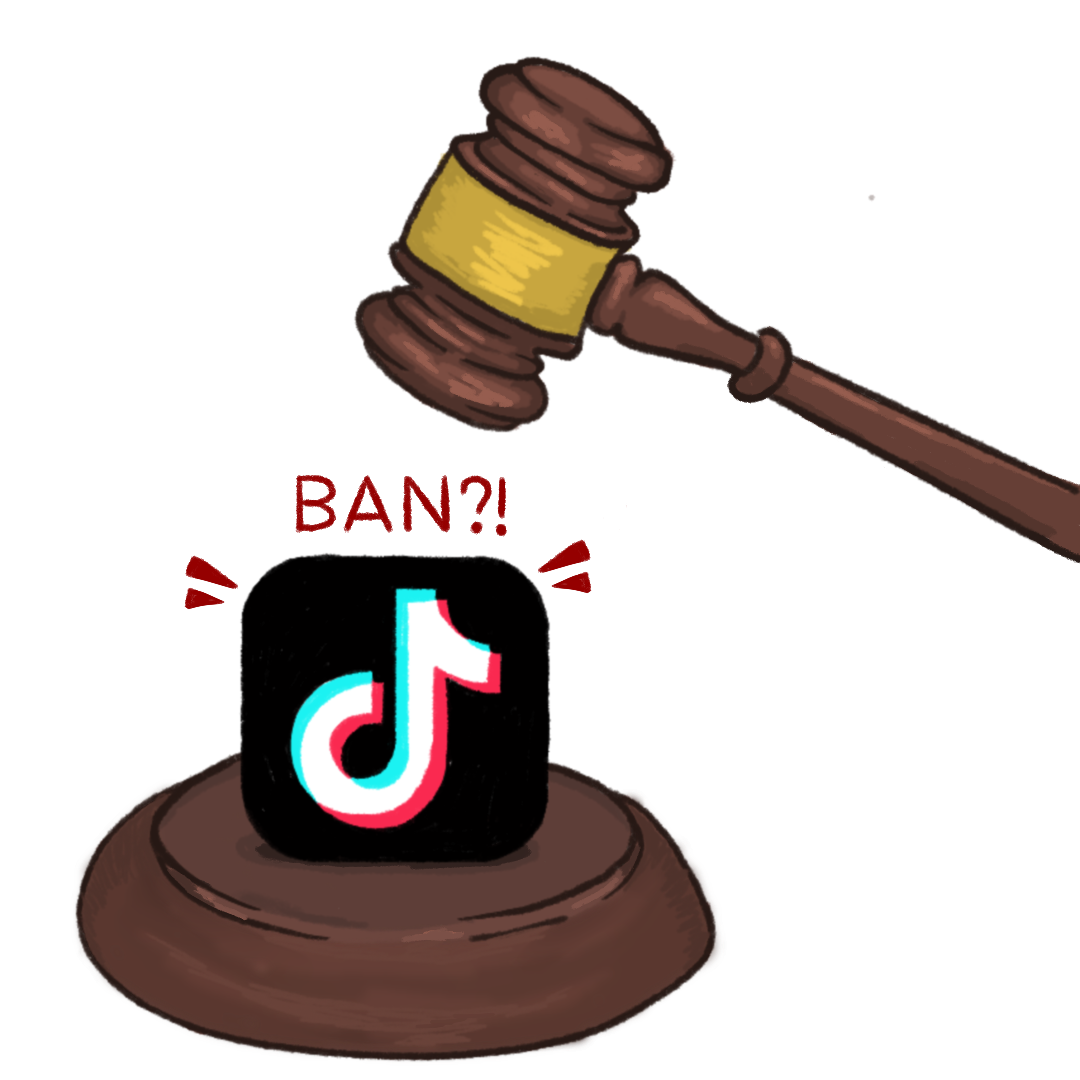Recently, U.S. citizens have adopted a mindset of thinking they can say and do whatever they want without any repercussions as long as it is within the boundaries of the law. “It is a free country” is a justification often used to excuse unnecessary speech. Although people have the right to speak their minds, there must be limits on how far they can go.
When the Bill of Rights was ratified in 1791, author James Madison ensured U.S. citizens would be granted their inalienable rights, one of the most significant being freedom of speech. The First Amendment says, “Congress shall make no law abridging the freedom of speech.” Despite this rather vague statement, the Supreme Court has set up a few limitations since.
Supreme Court rulings are often rather broad and do not dive into specifics. For example, Brandenburg v. Ohio allows a state to prohibit certain speech if it is “producing imminent lawless action,” but imminent lawless action is a wide range. What exactly counts as a threat in the eyes of the law? Is it something that just “scares and intimidates” people? While this is the dictionary definition of a threat, it raises the question: at what point is legal intervention called for?
This is not just an outlier where freedom of speech requires revision; it is also true in many other cases. Hate speech is not illegal, but defamation can be. Legal involvement in either scenario could be considered dipping into the freedoms of Americans, but if there is no intervention in certain cases, then conflicts between groups of people would be created, and the security of the U.S. would be questioned.
When one person or a group of people are in danger due to someone abusing their right to free speech, legal intervention is necessary. The victims should be allowed to report it without the case being dismissed because of the First Amendment. It is not a violation of American freedom if it means keeping American citizens safe in their own country. There is nothing wrong when someone speaks their mind and voices their opinions, but if they produce hate speech so intensely that others feel threatened, then there needs to be an explicit procedure for what to do. There is currently no clear outline of what is included in free speech.
To keep this country secure, freedom of speech demands specifications. The current ambiguous meaning is not enough, and the relevant Supreme Court rulings are not clearly defined. This leaves a lot of gray areas for people to say whatever aggressive things they want without punishment. It all comes down to time and place, but there are little to no laws about this. Someone on the street shouting “fire” is a lot different than friends shouting “fire” in a private setting because it is more intimidating when it is strangers. Corrections to freedom of speech are mandatory to establish what exactly is and is not protected under the First Amendment.













